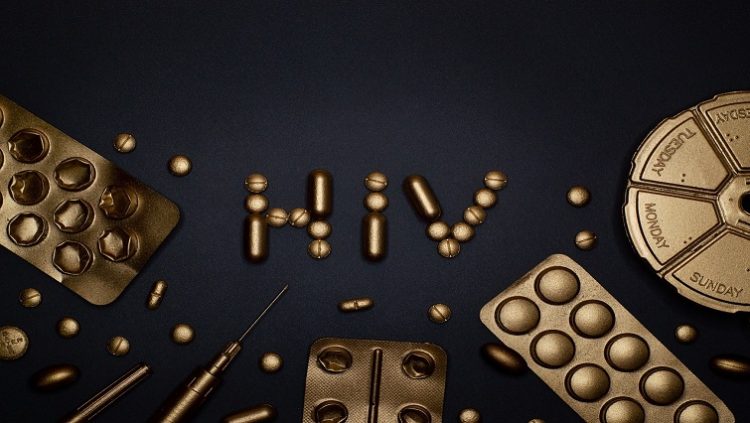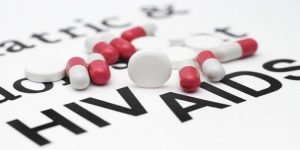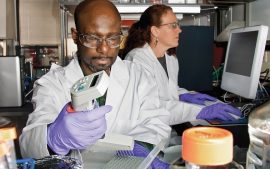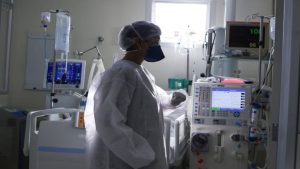Making an HIV vaccine will be mankind’s toughest task. But South African scientists are well positioned to do this. This is according to the Chief Executive Officer of the South African Medical Research Council, Professor Glenda Gray. She was addressing the SA Aids Conference in Durban.
The three-day meeting is a call to action to reignite the fight against HIV/AIDS.
HIV prevention interventions
The development and roll out of HIV prevention interventions have come a long way. From the condom to the dapivirine vaginal ring and oral and injectable pre-exposure prophylaxis, or PrEP, key HIV populations around the world have options to protect themselves against the virus. But scientists say that to cross the final hurdle to eliminating it altogether, we need a vaccine.
Prof Gray says in developing vaccines for COVID-19, research and experiences were drawn from decades of work on HIV vaccines.
“HIV is a much more complicated beast than SARS-COV2, it mutates all the time, we’re starting right from scratch. We don’t have good animal models, and it is one of the most difficult viruses we’ve ever seen to try and find a way to prevent it using an HIV vaccine. And we also have to understand what the SARS COV2 vaccines gave us; they gave us good neutralising antibodies but didn’t give us long-lasting immunity, hence the reinfection. and we’ve got to learn from that with HIV.”
Gray explains some of the HIV vaccine development work that she is currently undertaking.
“Using immunogens, we are trying to coax the immune system to develop those powerful neutralising antibodies that we saw with COVID. To have a vaccine that will work, we need to have neutralising antibodies, so the work we’re doing is trying to teach the immune system to induce these powerful neutralising antibodies.”
While an HIV vaccine remains the ultimate goal, HIV prevention interventions are making huge strides in parts of Africa. Director of Research at the Wits Reproductive Health and HIV Institute, Professor Sinead Delany-Moretlwe, shared positive data from a study conducted in Kenya and Uganda around the impact of universal access to PrEP at a community level on HIV incidence.
“In this study, they saw a 74% overall reduction in HIV resistance in people who had accessed PrEP compared to those who hadn’t, and this impact was also observed in women, which is very encouraging. This data really emphasised the importance of scaling up PrEP and understanding the barriers to PrEP access in our communities.”
UNAIDS targets for HIV
The government plays a crucial role in translating updated HIV policy into community implementation to reach global AIDS targets. Director-General at the Health Department, Doctor Sandile Buthelezi, detailed the country’s status in this regard.
A further 1.5 million people need to be put on anti-retroviral treatment for South Africa to reach the UNAIDS 95-95-95 targets for HIV.
This is for 95% of all people living with HIV to know their status, for 95% of all people diagnosed to be on ARVs, and for 95% of all people receiving antiretroviral therapy to have viral suppression.
“You will know that about five years ago we were recording about 2 000 infections per week in SA, especially in young women; we are now sitting at about 1300 a week. It is still a very huge number; we need to change our approach. There are quite a lot of combination prevention technologies like PrEP, which is a pill a day, using condoms, abstaining, and all the others, but we also need to address some socioeconomic issues that expose young women.”
Healthcare leaders have acknowledged that among the barriers to key populations accessing HIV and general health services are discrimination and stigma at community clinics.
Infection among young people remains one of the concerns:





